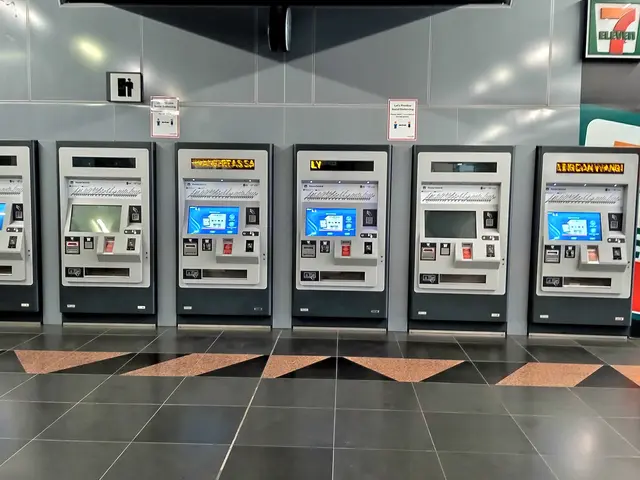In the contemporary era, is brand loyalty still prevalent?
In the modern business landscape, brand loyalty is undergoing a significant transformation. Gone are the days when familiarity and convenience were the primary drivers of customer loyalty. Today, brands are navigating a new world where emotional engagement, openness, and two-way dialogue are the cornerstones of customer relationships.
Community building plays a pivotal role in this new era of loyalty. By making customers feel like they belong to the brand, businesses can foster a sense of togetherness that goes beyond traditional customer loyalty programs. This sense of belonging is often nurtured through sincere interactions on social media platforms like Instagram, TikTok, or LinkedIn. Influencer partnerships also act as bridges of faith, creating an intimate encounter between the brand and its audience.
The power of digital marketing is central to gaining and keeping customers in this new world. Well-executed digital marketing strategies, such as gamification, subscription, and short-term reward schemes, have proven successful in increasing customer engagement. Companies are also leveraging digital transformation, advanced data analytics, and AI to tailor interactions, foster authentic brand relationships, and create shared value with customers.
Hyper-personalization, enabled by advanced AI-driven solutions, allows brands to deliver personalized recommendations, emails, and experiences to each customer. This level of personalization can help businesses build trust and emotional connections, which are essential in the current era. Brands need to engage consumers with integrity and authenticity to ensure these connections are meaningful and enduring.
Younger generations like Millennials and Gen Z exhibit more experiential purchasing behaviors, switching allegiances quickly and valuing experiences, trends, and brands that align with their own values. This shift towards experiential purchasing has led to a landscape where consumers are gravitating towards brands that are transparent about their values and missions.
The increased transparency and watchfulness on social media have made customers more aware of and critical towards brands' practices regarding environmental responsibility, ethical production, and social responsibility. As a result, brands must be conscientious about their actions and communicate their values effectively to build trust and loyalty.
Data-driven wisdom can also help businesses foretell needs, surprise consumers, and reduce customer churn. By understanding their customers' preferences and behaviours, businesses can deliver personalized experiences that create lasting impressions and foster loyalty.
Despite the challenges, the power to create meaningful, enduring customer relationships remains great, even in an era of choice overload. Technology can be a powerful tool in this endeavour, helping businesses to engage with their customers in authentic and personalized ways. The future of brand loyalty is shifting towards values, experiences, and trust a brand provides. In this new world, businesses that prioritize emotional engagement, openness, and two-way dialogue will be the ones that thrive.
Read also:
- Peptide YY (PYY): Exploring its Role in Appetite Suppression, Intestinal Health, and Cognitive Links
- Toddler Health: Rotavirus Signs, Origins, and Potential Complications
- Digestive issues and heart discomfort: Root causes and associated health conditions
- House Infernos: Deadly Hazards Surpassing the Flames







